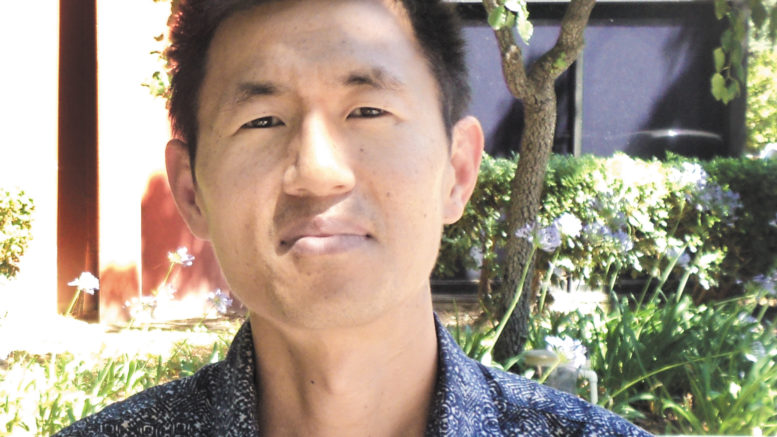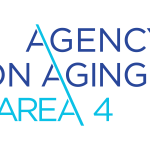BY EDGAR SANCHEZ
The Sacramento County Department of Human Assistance (DHA) strives to help people transition from public assistance to financial independence. More than 420,000 county residents receive services from DHA, ranging from Medi-Cal to CalFresh—formerly known as “food stamps.” And now, DHA has a new endeavor.
A year ago, it joined a partnership, led by community advocates and non-profits, that helped Sacramento County District Attorney Anne Marie Schubert dismiss or reduce more than 5,300 marijuana-related felony convictions under Prop 64. The voter-approved initiative legalized recreational use of cannabis in California and made it possible to expunge or reduce certain marijuana-related felony convictions to misdemeanors.
Other partners include Sacramento County’s Public Defender’s Office, Code for America—a nonprofit whose technology streamlined the clearance process for these cases—and Youth Forward, a nonprofit supported by the California Endowment, is dedicated to serving disadvantaged youth and youth of color through policy advocacy, education and community action.
Youth Forward’s aim in eliminating marijuana-related convictions is to benefit the community and those who were disenfranchised by harsh drug policies.
In many cases, felony convictions can inhibit job prospects, housing opportunities, voting privileges and other rights afforded to non-criminalized citizens. Expunging felonies for marijuana-related crimes can restore thousands of California residents back to civic participation and give them a second chance at reintegrating back into the every-day activities that so many Californians enjoy.
“Our customers are better off, families and communities are more prosperous.”
Tim Choi
Human Services Program Planner, DHA
“Since the passage of Prop 64, our office has been processing re-sentencing petitions,” Schubert stated. “The partnership with Code for America allowed us to proactively and automatically reduce or dismiss eligible marijuana convictions. We also felt it important to work with community leaders and agreed to additional relief by expanding eligible convictions beyond what the law requires.”
Tim Choi, a DHA human services program planner, said the agency advocated for using “best practices” in the clearance process, in which a judge makes the final decision on each case. This procedure ensures that every case is made carefully, through the appropriate legal channels and each person who is up for consideration has been thoroughly evaluated.
Regarding the dismissal or reduction of marijuana cases, Choi added: “When we support these types of initiatives, our customers are better off, families and communities are more prosperous.”
For more info, click learn more below and scroll to Marijuana Conviction Relief.































Be the first to comment on "Sacramento DHA Works to Dismiss or Reduce Cannabis-related Felonies"